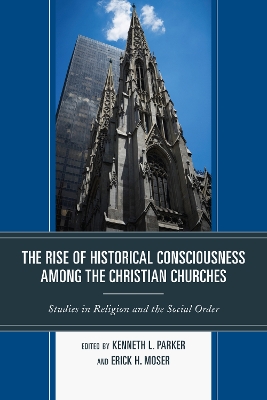Jacob Neusner Series: Religion/Social Order
1 total work
The Rise of Historical Consciousness Among the Christian Churches
Published 4 December 2012
These essays emerged from papers presented under the auspices of the American Academy of Religion. The contributors explored cases that highlight the development of "historical consciousness" in diverse Christian traditions from the early sixteenth century to the early twentieth century. Topics considered range from Erasmus of Rotterdam and Richard Simon to nineteenth-century Anglicanism, Catholicism, and European and American Protestantism. Like a mosaic-with many disparate parts-definite patterns begin to emerge. First, the contributors demonstrate that historical consciousness grew out of Christian scholarship, not eighteenth-century enlightenment thought. Second, they highlight how historical scholarship implicitly asserted the scholar's authority to critique cherished assumptions about Christian truth. Finally, the essays explore how ecclesiastical authorities reacted to these critiques as challenges to their spiritual authority. This volume contributes to scholarship that explores Christianity's role in modernity, the ongoing implications of historical controversies, and the importance of history in Christian theology.
